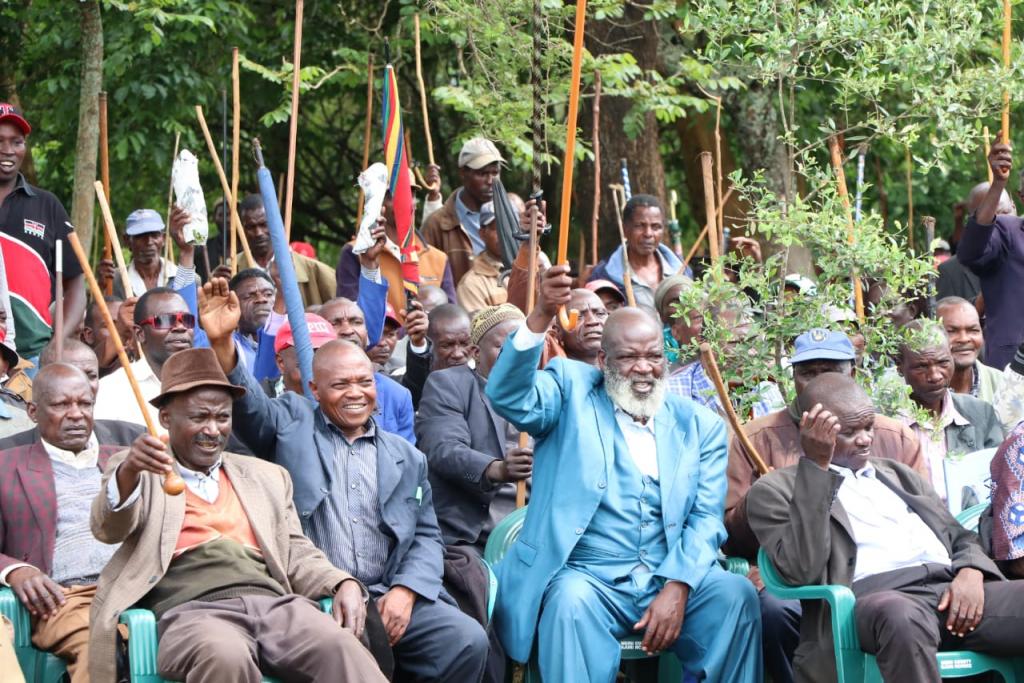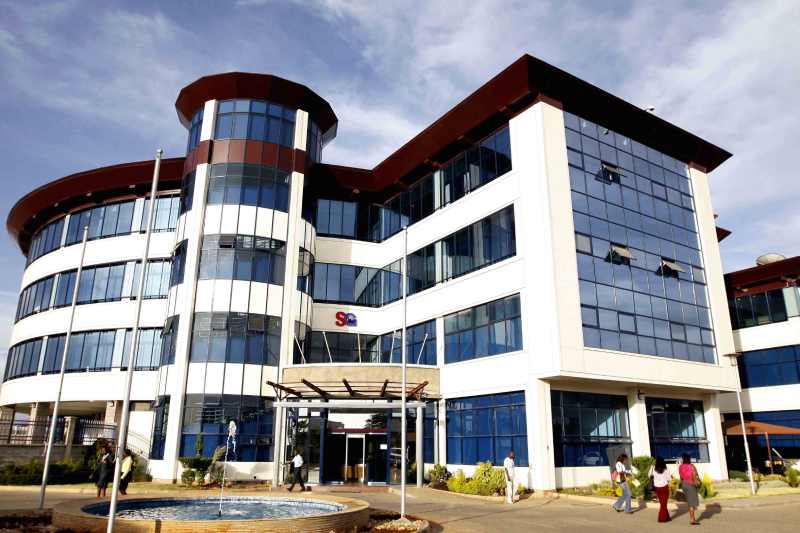A High Court in Meru has directed that the impeachment motion against Governor Kawira Mwangaza be referred to the Njuri Ncheke Council of Elders for resolution. Justice Linus Kassan, who was expected to deliver a ruling, deferred the decision to August 20, 2024, to allow for Alternative Dispute Resolution. This aligns with President William Ruto’s directive for the Members of the County Assembly and the Governor to seek mediation.
“The Njuri Ncheke Supreme Council of Ameru Elders are hereby ordered to submit their resolution or lack of it on the dispute between the parties herein as directed by the President of the Republic of Kenya not later than three weeks from today,” Justice Kassan ordered. He further instructed the MCAs and the governor to appear before the Njuri Ncheke with their advocates by Wednesday, July 31.
Who is Njuri Ncheke?
Njuri Ncheke serves as the supreme governing council for the Meru people, akin to councils of elders in other Kenyan tribes. It represents the highest level of the Meru traditional judicial system, with its decisions holding authoritative weight within the community. The council has existed since the 17th century, guiding the Meru people through a hierarchical structure of elected elders from the clan level to the Njuri Ncheke Council.
Membership in the Njuri Ncheke is the highest social status a Meru man can attain. Elders chosen for this council are carefully selected based on their maturity, composure, respectability, and integrity. These qualities are crucial as the roles require significant wisdom, personal discipline, and deep knowledge of traditional practices. The council operates from its main shrine in Nchiru, Tigania West, but also holds sessions in various shrines across Meru and Tharaka Nithi counties.
Functions of Njuri Ncheke
The core functions of Njuri Ncheke include making and executing community laws and resolving disputes. Local disputes are initially handled by lower-ranking elders known as Kiama, then escalated to the middle-rank Njuri, and finally to the Njuri Ncheke. However, the council does not handle matters involving non-Meru people or those expressly under Kenya’s common law. The determination of cases by Njuri Ncheke relies heavily on case law and precedent, similar to common law practices.
Njuri Ncheke Courts
In addition to the Njuri Ncheke Council of Elders, there are Njuri Ncheke courts located in Meru and Tharaka Nithi counties. Traditionally, only male elders were allowed to serve in these courts, but recently, women have been permitted to join as adjudicators. The elders, both men and women, hear and determine all matters. If parties fail to agree or are dissatisfied with a ruling, the case can be escalated to the sub-county level. Unresolved matters can be further escalated to the Supreme Court, located at the Nchii shrine, which serves as the highest court.
The six-bench apex court includes the council chairman (Linus Kathera), Washington Muthamia (Secretary of General Programs), and Josphat Murangiri (Secretary General Operations), along with deputies and a treasurer.
Powers and Influence
Apart from its judicial role, the Njuri Ncheke council wields significant influence in socio-economic and political decisions. The council is credited with spearheading the establishment of the Meru College of Science and Technology, which was upgraded to a University College of Jomo Kenyatta University of Agriculture and Technology (JKUAT) in 2008 and awarded a charter in early 2013 by the late President Mwai Kibaki.




